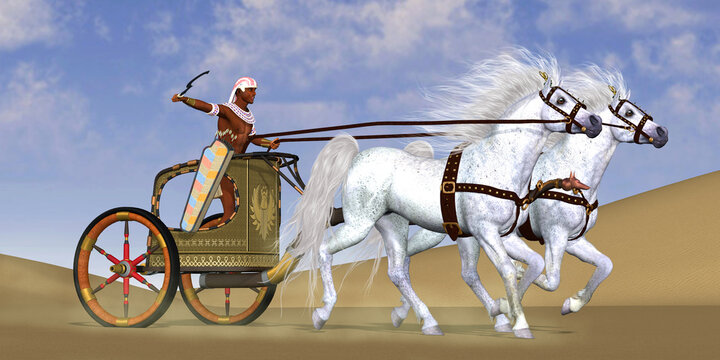
Earth’s gravitational field, a fundamental force shaping our existence, anchors us to the planet’s surface and governs the dynamics of our world. But what if this essential force were suddenly diminished, and Earth found itself grappling with the consequences of losing half of its gravitational field? Let us embark on a speculative journey into this intriguing scenario, pondering its potential impacts on our planet, its inhabitants, and the very fabric of our existence.
Understanding Earth’s Gravitational Field
Before delving into the hypothetical, let us grasp the significance of Earth’s gravitational field. This invisible force emanating from the planet’s core keeps us grounded, regulates atmospheric pressure, and sustains the delicate balance of ecosystems worldwide. It determines the weight of objects, the trajectory of celestial bodies, and the rhythm of ocean tides.
The Hypothetical Scenario Unfolds
Imagine a world where Earth’s gravitational field weakens suddenly, losing half of its strength. What would this entail for life as we know it?
Effects on Human Civilization
Weightlessness and Structural Challenges
Buildings, bridges, and infrastructure designed under the assumption of Earth’s standard gravitational pull would face structural strain and instability. Architects and engineers would need to reimagine urban landscapes to withstand reduced gravitational forces.
Altered Human Physiology
Human bodies, accustomed to Earth’s gravitational tug, would experience profound physiological changes. Bone density, muscle mass, and cardiovascular function could undergo adaptations, posing challenges for healthcare systems and medical research.
Impacts on Natural Phenomena
Disrupted Ecosystems
Plants and animals, finely attuned to Earth’s gravitational rhythms, would confront disruptions in growth patterns, migration behaviors, and reproductive cycles. Ecosystems worldwide would undergo transformations, reshaping biodiversity and ecological dynamics.
Atmospheric Changes
Earth’s atmosphere, intricately linked to gravitational forces, would witness shifts in circulation patterns, weather systems, and atmospheric composition. Climate models would need recalibration to account for altered dynamics and mitigate potential environmental upheaval.
Astronomical Consequences
Celestial Orbits and Cosmic Dynamics
The delicate dance of celestial bodies within the solar system would be perturbed by Earth’s weakened gravitational influence. Satellites, planets, and asteroids might stray from their accustomed trajectories, prompting astronomers to reassess celestial mechanics.
Lunar Impact
The Moon, Earth’s steadfast companion, would experience altered gravitational interactions, leading to variations in tidal patterns, lunar orbits, and lunar phenomena. Coastal regions worldwide would confront fluctuations in sea levels and tidal surges.
Navigating Uncertain Terrain
In the wake of Earth losing half of its gravitational field, humanity would navigate uncharted terrain, confronting unprecedented challenges and opportunities. Scientists, engineers, and thinkers would rally to understand the new dynamics shaping our planet and devise innovative solutions to mitigate their impacts.
External Resources and Examples
- NASA – Gravity and Its Effects
- National Geographic – Understanding Gravity
- Space.com – How Does Gravity Work?
Consider real-life examples such as astronauts experiencing weightlessness in space or the structural challenges faced by architects in designing buildings for lunar colonies. These examples help contextualize the hypothetical scenario and highlight the significance of Earth’s gravitational field in our daily lives.






